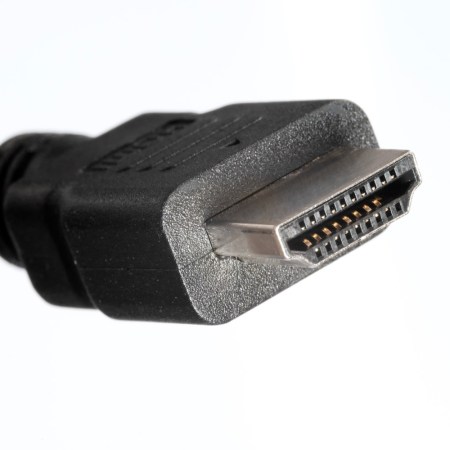I’m embarrassed to admit that I had never heard of Canada Goose until the winter of 2016, when I began to wonder why almost every student on my college campus seemed to own identical winter coats. I would eventually come to realize that those Canada Goose-wearing undergrads also had a lot of other things in common that I would never share, like summer homes on Nantucket and not having any student debt.
What I did not realize or even bother to consider after learning the name of the coveted coat was that they were made of anything other than geese. Like the Cut‘s Bridget Read, I was today years old when I found out Canada Goose jackets get their iconic fluffy hoods from coyote fur, and I have only learned this because the brand has just announced it will no longer be making them out of this material — kind of.
Canada Goose dropped the news on Wednesday, announcing the company will no longer buy new fur from trappers starting in 2022 as part of a new sustainability effort. However, the company is not abandoning fur altogether. Rather, Canada Goose will pivot to “reclaimed fur” already existing in its supply chain and the marketplace. In order to feed the demand for the brand’s signature fur ruffs, Canada Goose will begin buying back fur from customers’ coats to recycle on new products.
The recycled fur approach is part of a broader sustainability initiative for the controversial company that includes plans to achieve carbon neutrality by 2025 through reducing emissions, as well as eliminating plastics throughout its facilities.
As for the geese, which I knew had to be involved somehow, the company says it plans to be fully certified in the Responsible Down Standard by 2021, meaning it will only line its products with down purchased from farms that do not force-feed or pluck from live birds. According to the New York Times, this standard still doesn’t have PETA approval, but the new initiatives mark a tiny step forward for a brand that has long stood unapologetically by its use of fur.
Subscribe here for our free daily newsletter.
Thanks for reading InsideHook. Sign up for our daily newsletter and be in the know.


















